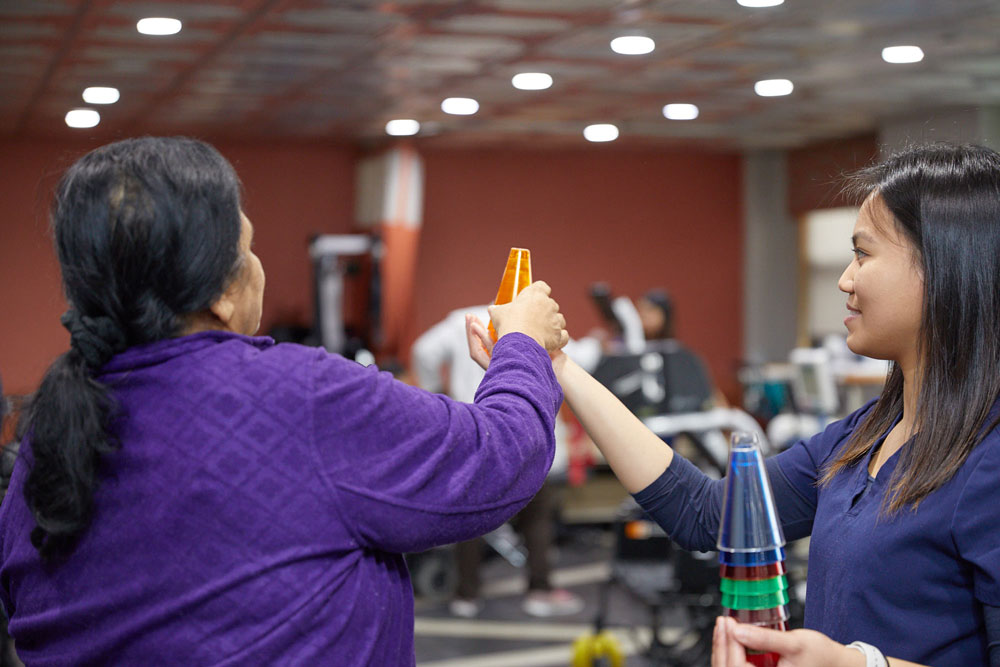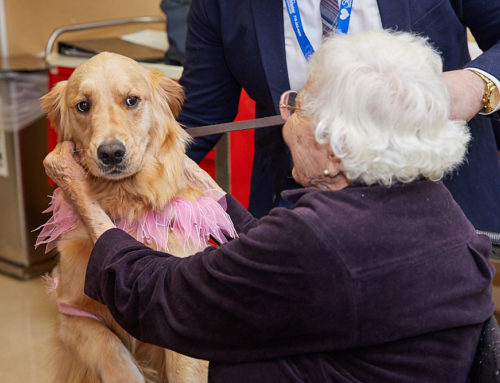How Does Occupational Therapy Help With Coordination?
Issues with balance and motor skills can happen at any age, though they are more common in adults and seniors. They are often the results of weakened health, neurological conditions, or brain injuries, resulting in reduced motor control. Though troubling, these issues don’t have to be permanent for those who seek occupational therapy for coordination.
Occupational therapy helps individuals adapt to their condition so they can better care for themselves. It is designed to help them regain fine motor skills and relearn tasks that were once simple to perform. To understand how occupational therapy can benefit you in these areas, take a look at the following information.

Occupational Therapy for Coordination
There are several reasons why an adult or elderly individual may have issues with coordination. Certain medical conditions, including Parkinson’s, stroke, and multiple sclerosis, can all affect motor skills. Brain, spinal cord, or other injuries can also result in movement issues. Even normal aging can alter how coordinated you are.
Rather than suffering from the results of such issues, one option to help regain coordination is occupational therapy. Therapist work with individuals using several activities designed to increase their motor skills and balance. Over time, these skills improve, allowing adults and seniors to continue their lives independently.
Ways it helps
There is no one way for occupational therapy to be used since not all individuals are dealing with the same issues. That’s why there are several methods to increase motor control and balance.
One of the most challenging tasks for those with coordination issues is dressing. It can be especially frustrating since changing clothes is done at least twice each day. Occupational therapy for coordination retrains the fingers using fine motor skill activities. These can include tying shoes, buttoning clothing, and putting jewelry on.
Grooming oneself is also a task most people prefer to do on their own and in private. To start, an occupational therapist will encourage individuals to perform simple tasks. These can include brushing teeth or hair and applying makeup. As skills improve, more difficult tasks, like tweezing eyebrows or shaving, will be attempted under supervision.
Eating on your own is another task that could become difficult when motor skills become impaired. Lifting food to your mouth, cutting it with a knife, or simply holding a fork or spoon can be tricky. Occupational therapy uses specialized activities to improve the ability to grasp utensils and maneuver them as needed. Therapy can also help you prep meals to ensure individuals can feed themselves comfortably.
Typing, whether on a computer, tablet, or smartphone, is essential in our modern age. When decreased coordination reduces the ability to perform this skill, occupational therapy can help. Several techniques can improve your typing capabilities and make it easier to communicate.
When coordination is reduced, there is a higher risk of falls. With the help of an occupational therapist, you’ll learn how to remove obstacles for safer movement around your home. You’ll also learn where to safely place furniture and how to effectively perform chores.
This article contains informational and educational materials and does not replace health or medical advice. For questions or concerns regarding your medical condition or health objectives, speak to a qualified physician or healthcare provider.






Leave A Comment